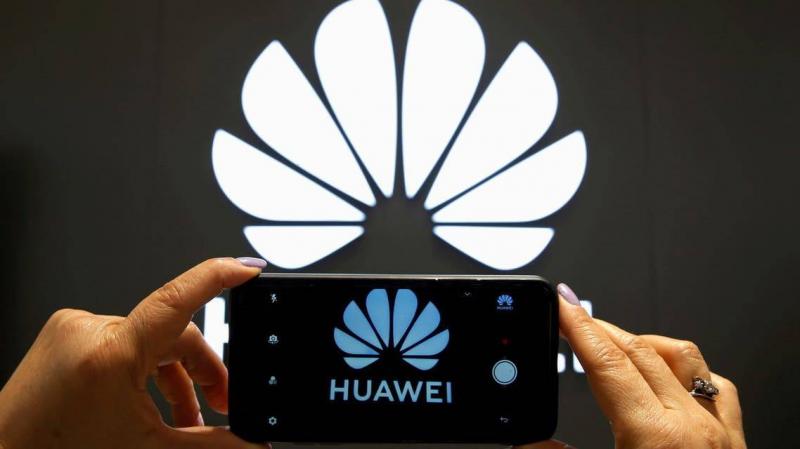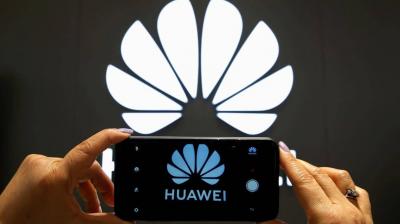Huawei Technologies has recorded its largest quarterly sales drop since the US blacklisted its external telecommunications equipment and smartphone subsidiaries, impacting its business. The Shenzhen-based company reported a 38% decline in sales, reaching 168.2 billion yuan (26 billion dollars) in the three months ending in June, according to Bloomberg's calculations based on the first-half figures provided by the company. In the first half, the company reported sales of 320.4 billion yuan with a profit margin of 9.8%, translating to a net income of 31.4 billion yuan. The profits for the second quarter amounted to 14.5 billion yuan.
**Tough Times**
Eric Xu, rotating chairman of Huawei, stated in a statement released on Friday, "These have been tough times... Our goal is to survive, and to do so sustainably." He added that despite the revenue decline from Huawei's consumer business due to external factors, they are confident that the company's other businesses, such as telecommunications and enterprise services, will continue to grow steadily. A series of bans during the tenure of former US President Donald Trump severed Huawei's ties with its American partners and other key chip suppliers like Taiwan Semiconductor Manufacturing Co, forcing the Chinese company to seek new revenue sources in sectors such as electric vehicles, solar farms, and smart cities. The company also stated earlier this year that it would start charging major smartphone companies like Apple.
**Erosion of Huawei's Market Share**
Huawei's consumer business revenue, which previously accounted for more than half of its operations, declined by approximately 47% to 135.7 billion yuan in the first half. Last year, the company dismantled its Honor subsidiary in an attempt to free the budget smartphone maker from US sanctions. Additionally, local competitors such as Xiaomi Corp, Oppo, and Vivo have eroded Huawei's market share in both the domestic and global smartphone markets. Canalys reported in July that Beijing-based Xiaomi surpassed Apple in the second quarter to become the second-largest smartphone vendor in the world, following South Korea's Samsung.




